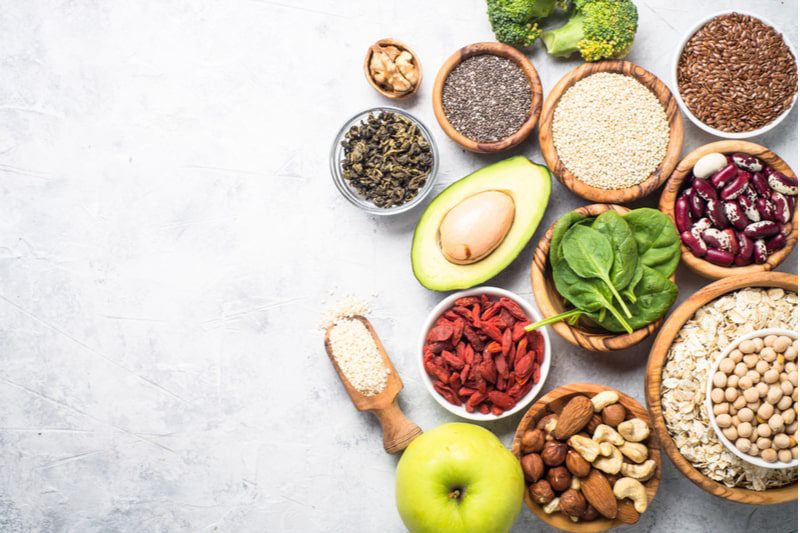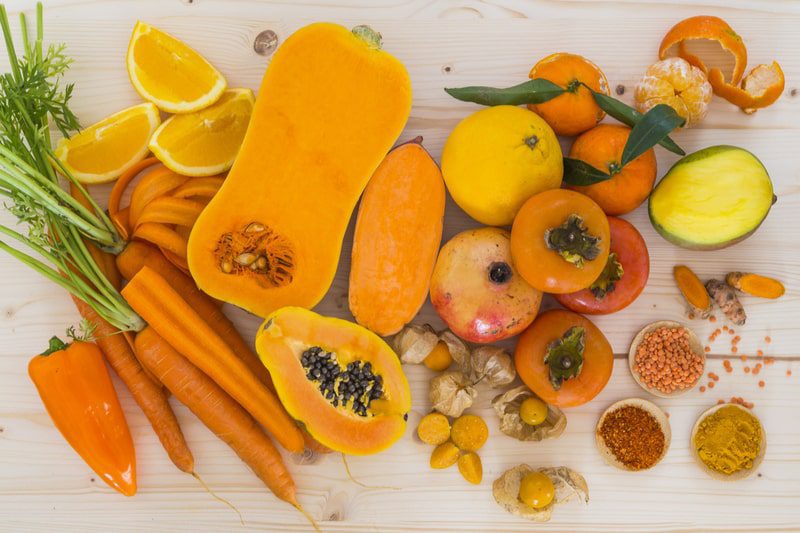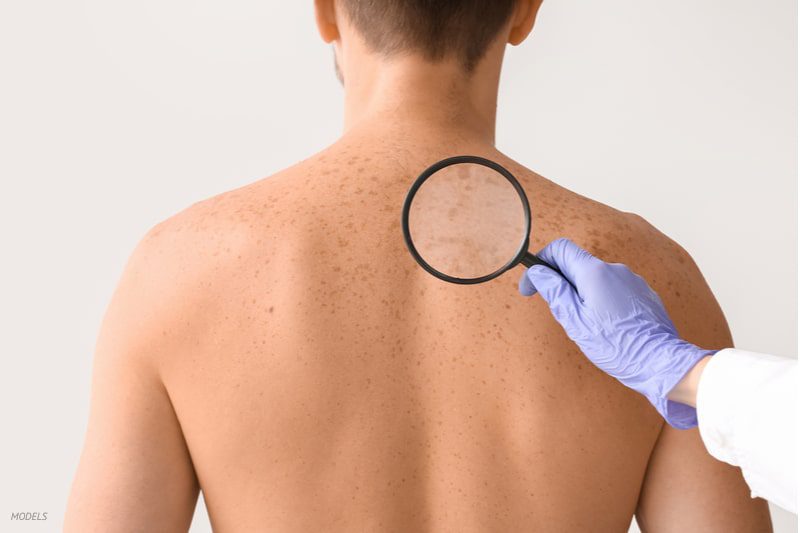Skin Cancer | The Office of Dr. Vincent Hung
3 Minute Read:
The link between what we eat and cancer prevention has been well-documented, but how can diet affect our chances of getting skin cancer specifically?
While there are many ways to prevent skin cancer (most notably avoiding direct sunlight and UV damage to your skin), your diet can play a role in keeping your skin healthy and cancer-free. Several nutrients (especially antioxidants) found in food can help you prevent skin cancer.

Our body can produce many of the substances needed to keep us healthy, but not antioxidants, and the best way to get these nutrients are from the foods we eat.
Nutrients That Lower Your Skin Cancer Risk
The following nutrients are rich in antioxidants have been found to assist in the prevention of skin cancer:
- Beta-carotene – Boosts the immune system by converting itself to vitamin A, increasing its ability to fight disease.
- Vitamin C – Contains properties that are toxic to cancer cells.
- Vitamin D – Reduces cancer risk by boosting the immune system.
- Vitamin E – Helps protect cells from free radicals and UV light while acting as an anti-inflammatory. Improves the skin’s overall condition.
- Lycopene – Helps protect skin from the sun’s damaging effects. It has been linked to a lower risk of many cancers.
- Omega-3 fatty acids – Reduces inflammation while inhibiting the growth of skin cancers.
- Polyphenols – Has tumor-inhibiting and anti-inflammatory components that help repair DNA damaged by UV light.
- Selenium – Helps to reduce the risk of several cancers.
- Zinc – An effective immunity booster that helps the body fight cancer and other illnesses.
Food That Lower Your Skin Cancer Risk
 You can find the nutrients you need to lower your risk of skin cancer in the following foods:
You can find the nutrients you need to lower your risk of skin cancer in the following foods:
- Beta-carotene – Orange fruits and vegetables like squash, carrots, yams, cantaloupe, mangoes, peaches, and apricots
- Vitamin C – Citrus fruits, strawberries, raspberries, broccoli, bell peppers, and leafy greens
- Vitamin D and Omega-3 fatty acids – Fatty fish, like mackerel, sardines, herring, tuna, and salmon
- Vitamin D – Milk, cheese, and vitamin D-fortified orange juice
- Vitamin E – Almonds, peanuts, beet greens, collard greens, spinach, red bell pepper, sunflower seeds, pumpkin (also rich in beta-carotene), as well as safflower, soybean, sunflower, and wheat germ oil
- Lycopene – Red and pink foods like watermelon, papaya, guava, pink grapefruit, blood oranges, and tomatoes
- Omega-3 fatty acids – Walnuts and flaxseed also contain high amounts of omega-3 fatty acids
- Polyphenols – Fresh-brewed black or green tea
- Selenium – Brazil nuts, seafood, organ meats, chicken, and red meat
- Zinc – Red meat, shellfish, poultry, baked beans, chickpeas, and nuts (such as cashews and almonds) — many breakfast foods are fortified with zinc
Staying Healthy and Helping to Prevent Skin Cancer Is a Win-Win
 Increasing your consumption of the foods mentioned above will help you stay healthy and is far more effective than using supplements alone.
Increasing your consumption of the foods mentioned above will help you stay healthy and is far more effective than using supplements alone.
However, getting some of these nutrients in supplement form is better than not getting them at all, especially if you work outside, spend a lot of time at the beach, tan regularly, or worship the sun in any way.
Keeping your skin healthy takes a combination of protecting your skin from sun damage with hats, clothes, and sunblock AND being sure to eat a diet that can help you fight the risk of developing skin cancer.
Keeping Your Skin Cancer-Free in Newport Beach, CA
If you have any skin concerns, you can trust Newport Beach’s own Dr. Vincent Hung. He is triple board-certified in dermatology, plastic surgery, and internal medicine and the only plastic surgeon in the country board-certified in dermatology and trained for Mohs skin cancer surgery.
Call us today at our Newport Beach Office 949-574-8292 or Pasadena Office 626-432-5032 for a consultation — we’re here to help!
